By CARLOS FRESNEDA, El Mundo
The other economies finally have a “shared” view. NESI Forum Málaga, which was attended by 700 opinion leaders from 43 countries, concluded after four days with 100 calls for action in the coming months: from the campaign 10 Years Later (to emphasize the pending changes since the financial crisis) to the creation of a market-place for the new economies, or the integration of “social” and “environmental” balances with the finantial ones in companies and public administrations.
“NESI is just an starting point…” said the co-founder of the forum, Diego Isabel La Moneda, who announced the intention to extend this meeting.
The final climax was put by the “call-to-action collective circle” in the central square of the Trade Fairs and Congress Center of Málaga (FYCMA), which became a symbolic epicenter of the new economy and social innovation.
Joan Antoni Melé, author of “Money and Consciousness” and deputy director of Triodos Bank, ignited the penultimate spark with its call “to the enthusiasm and the commitment”. Daniel Truran, of the global B Corp movement, prefers to combine two other eternally fought words: “Passion and Consistency.”
“So far there has been a lack of consistency between what companies promise and what really happens,” warns Truran. “The purpose of the B Corp certification is precisely to confirm that there are actions behind the companies that aspire to become positive forces of change.” “Our dream is that one day all companies will compete to be the best for the world,” closed Turan.
The “best for”, that is, in a very broad sense: increasing the welfare of people and societies and minimizing the impact on the planet. More than 40,000 companies have used the methodology B Corp (also known especially in Latin America as Sistema B), although just over 2,000 have so far achieved rigorous certification. In Spain, the movement landed just over a year ago and currently has 30 companies aspiring to mark the paradigm shift in the business world.
At the NESI Forum in Málaga, concepts such as Sistema B or the Circular Economy began to take off, jointly with others that have reached the age of majority, such as Collaborative Economy, the Common Good Economy, the Blue Economy or The Transition Network.
Juan del Río, the great agitator of the Transition Network for our lands, brought to Málaga the latest news of the movement (2,000 groups in more than 50 countries) that stresses the “resilience” of local communities in such basic chapters as food, energy, urban agriculture or complementary currencies.
Three Spanish villages (Argelaguer, Orendain and Carcaboso) have become just a testing ground for Municipalities in Transition, which aims to build links between community initiatives and public administrations: “The idea is to create a bank of good practices that can be replicated and serve as the basis for transitional pilot plans anywhere in the world.”
The transition network proposed during NESI forum solutions to alleviate tensions between the global and the local … “Because what we need is an economy formed by a wide diversity of movements, initiatives and proposals,” concludes Juan del Rio.
“An economy adapted to different contexts and realities, dynamic and resilient, where people lead a happy life in a full and simple way.”
In NESI forum there was also a large delegation of Bhutan, talking about Gross Domestic Happiness (GDH) as an alternative to Gross Domestic Product (GDP).
The last scene was run by the Ecuadorian Jacobo Castellanos and the Mexican Alejandro Medina, twinned in the documentary “De América soy”, a tour of the outbreaks of solidarity or “spontaneous” economy in Latin America.
Source: http://www.elmundo.es/economia/macroeconomia/2017/04/23/58fc83a246163f2e798b45a4.html
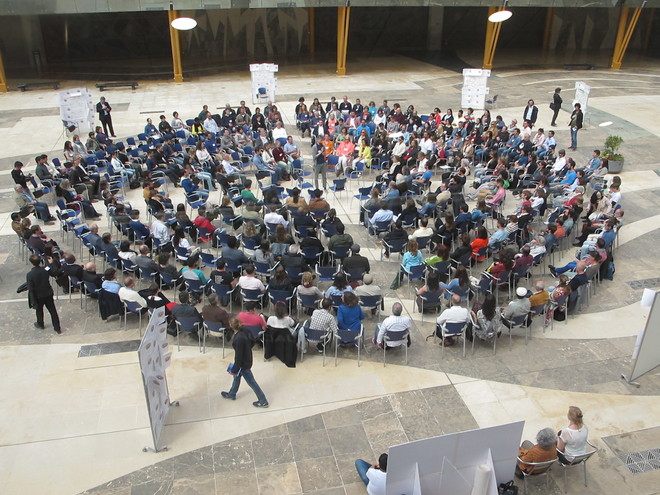
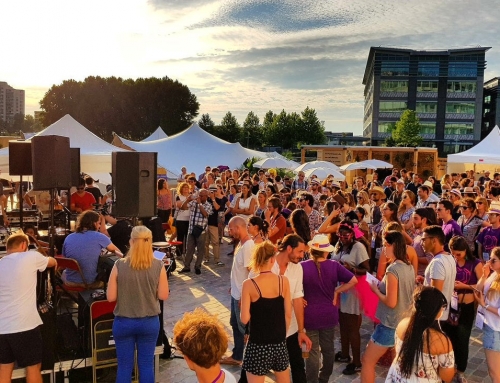
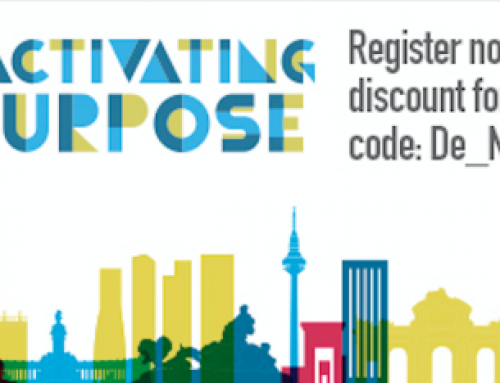
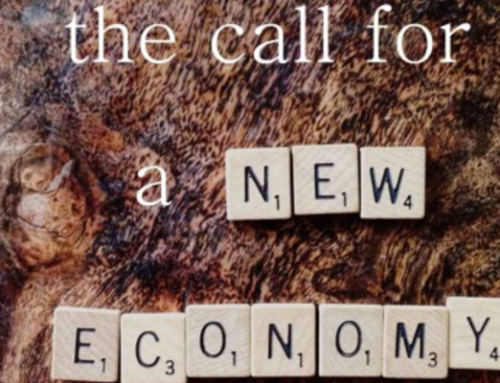
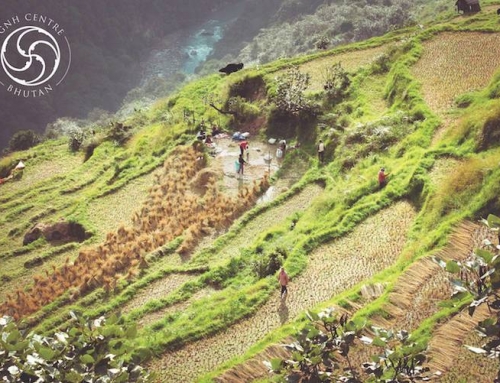
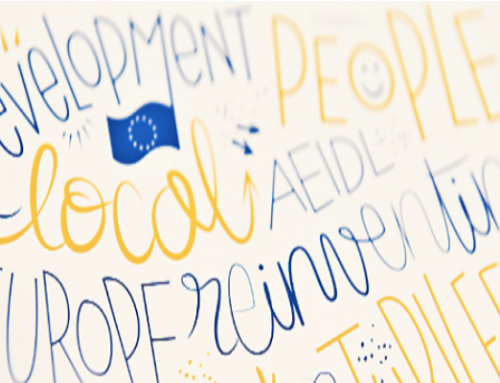
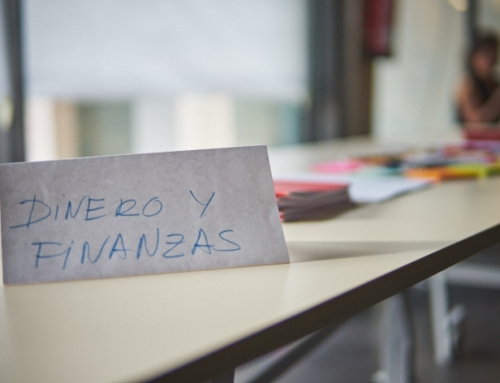
Leave A Comment